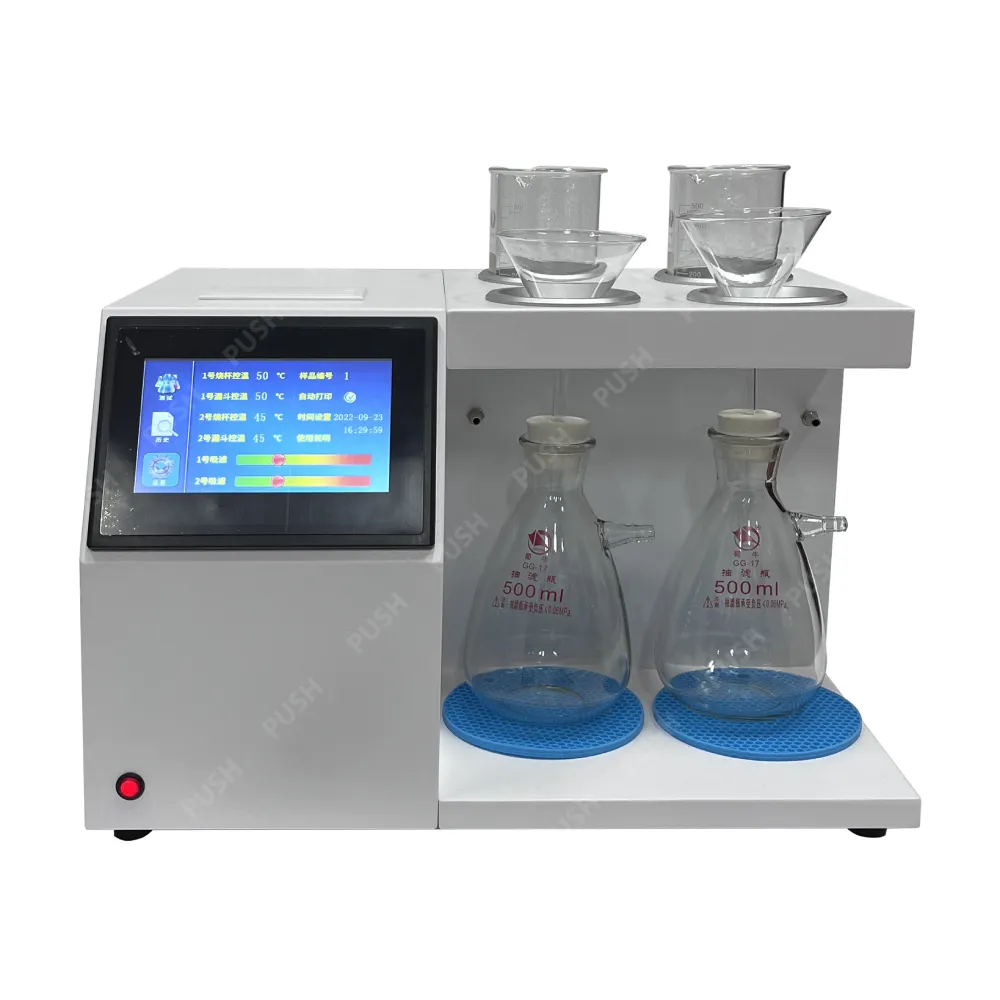 English
English



-
 Afrikaans
Afrikaans -
 Albanian
Albanian -
 Amharic
Amharic -
 Arabic
Arabic -
 Armenian
Armenian -
 Azerbaijani
Azerbaijani -
 Basque
Basque -
 Belarusian
Belarusian -
 Bengali
Bengali -
 Bosnian
Bosnian -
 Bulgarian
Bulgarian -
 Catalan
Catalan -
 Cebuano
Cebuano -
 China
China -
 China (Taiwan)
China (Taiwan) -
 Corsican
Corsican -
 Croatian
Croatian -
 Czech
Czech -
 Danish
Danish -
 Dutch
Dutch -
 English
English -
 Esperanto
Esperanto -
 Estonian
Estonian -
 Finnish
Finnish -
 French
French -
 Frisian
Frisian -
 Galician
Galician -
 Georgian
Georgian -
 German
German -
 Greek
Greek -
 Gujarati
Gujarati -
 Haitian Creole
Haitian Creole -
 hausa
hausa -
 hawaiian
hawaiian -
 Hebrew
Hebrew -
 Hindi
Hindi -
 Miao
Miao -
 Hungarian
Hungarian -
 Icelandic
Icelandic -
 igbo
igbo -
 Indonesian
Indonesian -
 irish
irish -
 Italian
Italian -
 Japanese
Japanese -
 Javanese
Javanese -
 Kannada
Kannada -
 kazakh
kazakh -
 Khmer
Khmer -
 Rwandese
Rwandese -
 Korean
Korean -
 Kurdish
Kurdish -
 Kyrgyz
Kyrgyz -
 Lao
Lao -
 Latin
Latin -
 Latvian
Latvian -
 Lithuanian
Lithuanian -
 Luxembourgish
Luxembourgish -
 Macedonian
Macedonian -
 Malgashi
Malgashi -
 Malay
Malay -
 Malayalam
Malayalam -
 Maltese
Maltese -
 Maori
Maori -
 Marathi
Marathi -
 Mongolian
Mongolian -
 Myanmar
Myanmar -
 Nepali
Nepali -
 Norwegian
Norwegian -
 Norwegian
Norwegian -
 Occitan
Occitan -
 Pashto
Pashto -
 Persian
Persian -
 Polish
Polish -
 Portuguese
Portuguese -
 Punjabi
Punjabi -
 Romanian
Romanian -
 Russian
Russian -
 Samoan
Samoan -
 Scottish Gaelic
Scottish Gaelic -
 Serbian
Serbian -
 Sesotho
Sesotho -
 Shona
Shona -
 Sindhi
Sindhi -
 Sinhala
Sinhala -
 Slovak
Slovak -
 Slovenian
Slovenian -
 Somali
Somali -
 Spanish
Spanish -
 Sundanese
Sundanese -
 Swahili
Swahili -
 Swedish
Swedish -
 Tagalog
Tagalog -
 Tajik
Tajik -
 Tamil
Tamil -
 Tatar
Tatar -
 Telugu
Telugu -
 Thai
Thai -
 Turkish
Turkish -
 Turkmen
Turkmen -
 Ukrainian
Ukrainian -
 Urdu
Urdu -
 Uighur
Uighur -
 Uzbek
Uzbek -
 Vietnamese
Vietnamese -
 Welsh
Welsh -
 Bantu
Bantu -
 Yiddish
Yiddish -
 Yoruba
Yoruba -
 Zulu
Zulu
oil quality tester
Understanding Oil Quality Testers Essential Tools for Optimal Performance
In today's era, where machinery and vehicles play a crucial role in our daily lives, the quality of oil used in these equipment is paramount. Oil quality testers have emerged as essential tools that ensure the longevity and efficiency of engines and machinery. Understanding the importance, functionality, and benefits of these devices aids in maintaining peak performance while minimizing the risk of breakdowns.
Oil serves as the lifeblood of any engine, lubricating moving parts and reducing wear and tear. Over time, factors such as heat, contamination, and the oxidation process compromise the quality of oil. This degradation can lead to reduced efficiency, increased fuel consumption, and even catastrophic engine failures if not monitored regularly. This is where oil quality testers become invaluable.
An oil quality tester assesses various parameters of the oil, including viscosity, acidity, and the presence of contaminants
. Most modern testers are portable and provide real-time data, allowing operators and maintenance personnel to quickly ascertain the oil’s condition. For instance, a decrease in viscosity could indicate that the oil is breaking down, while an increase in acidity levels may suggest that the oil is becoming acidic due to the buildup of combustion byproducts.oil quality tester

One of the leading advantages of using oil quality testers is preventive maintenance. By regularly testing oil quality, operators can detect issues early on, addressing potential problems before they escalate into serious and costly repairs. This proactive approach not only extends the life of the machinery but also enhances operational efficiency.
Furthermore, oil quality testers are beneficial in various industries, including automotive, aviation, and industrial machinery. In the automotive sector, for example, fleet operators can utilize these testers to maintain their vehicles' engines, ensuring they run efficiently and comply with environmental regulations. In aviation, the stakes are even higher; oil quality can directly impact flight safety. Regular testing ensures that engines remain in optimal condition regardless of operating conditions.
The economic benefits of oil quality testing cannot be overstated. By optimizing oil usage and prolonging change intervals, companies can reduce their overall maintenance costs. Additionally, adhering to best practices in oil management minimizes the environmental impact of waste oil disposal, aligning with global sustainability efforts.
In conclusion, oil quality testers are essential instruments that play a significant role in maintaining the health and efficiency of machinery. They enhance preventive maintenance strategies, provide critical insights into oil conditions, and contribute to cost savings and environmental stewardship. For anyone involved in maintenance management, investing in an oil quality tester is not just a smart choice; it is a critical step towards ensuring operational excellence and machinery longevity. By prioritizing oil quality, industries can safeguard their assets and maintain peak performance in an increasingly competitive landscape.
-
Ensuring SF₆ Gas Safety: Introducing PUSH’s Integrated SF₆ Analyzer for Dew Point, Purity, and Decomposition MonitoringNewsJul.10,2025
-
Exploring the Main Types of Industrial Endoscopes and Their Applications Across IndustriesNewsJul.04,2025
-
Testing Equipment Industry Sees Major Advancements in 2025: Smart & Precision Technologies Lead the WayNewsJun.06,2025
-
Applications of Direct Current Generators in Renewable Energy SystemsNewsJun.05,2025
-
Hipot Tester Calibration and Accuracy GuidelinesNewsJun.05,2025
-
Digital Circuit Breaker Analyzer Features and BenefitsNewsJun.05,2025



